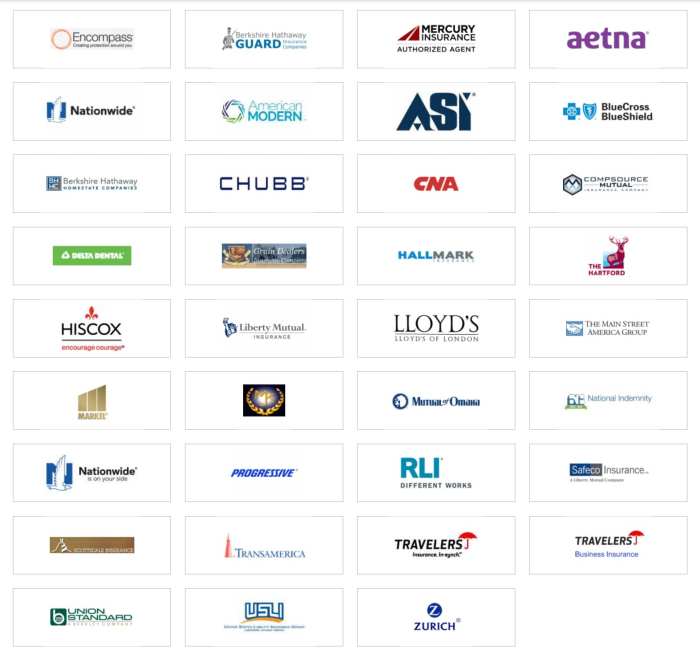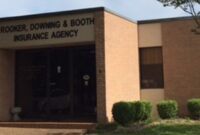Who gets the insurance check when a car is totaled – When a car is totaled, the question of who gets the insurance check can be a source of confusion and uncertainty. This article will provide a comprehensive overview of the factors that determine who receives the insurance payout, ensuring that you understand your rights and options in the event of a totaled vehicle.
Insurance Coverage and Payout
When a car is totaled, the insurance coverage that applies and the payout you receive depend on several factors, including the type of insurance you have, the coverage limits, and the deductible.
In the unfortunate event that your car is declared a total loss, the insurance check will typically be issued to the person or entity listed as the primary insured on the policy. This is usually the registered owner of the vehicle.
However, if you are leasing the car, the check may be issued to the leasing company instead. For comprehensive coverage on your 2024 Toyota Corolla, check out our car insurance for 2024 Toyota Corolla. Returning to our topic, it’s important to note that the insurance company will determine the actual cash value of the car before issuing the check, taking into account its age, condition, and mileage.
There are two main types of insurance coverage that may apply when a car is totaled: collision coverage and comprehensive coverage. Collision coverage pays for damage to your car caused by a collision with another vehicle or object, while comprehensive coverage pays for damage caused by other events, such as theft, vandalism, or natural disasters.
Typically, when a car is totaled, the insurance check is issued to the owner of the vehicle. However, in certain circumstances, such as when the vehicle is leased or financed, the lender or leasing company may be entitled to the check.
In some cases, if the vehicle is covered by open care insurance , the insurance company may have the right to the check. It is important to consult with your insurance provider to determine who will receive the insurance check in the event of a totaled vehicle.
Coverage Limits
The coverage limits on your insurance policy determine the maximum amount that your insurance company will pay for a covered loss. If the cost to repair or replace your car exceeds the coverage limit, you will be responsible for paying the difference.
Deductible
The deductible is the amount of money that you have to pay out of pocket before your insurance coverage kicks in. A higher deductible will lower your insurance premiums, but it will also increase the amount of money that you have to pay if your car is totaled.
Typically, the insurance check for a totaled car goes to the owner of the vehicle. However, if there is a lien on the car, the insurance company will likely send the check to the lienholder. Cars can be a major investment, so it is important to have adequate insurance coverage in place to protect your financial interests in the event of an accident.
Ownership and Beneficiaries

The ownership of a totaled vehicle plays a crucial role in determining who receives the insurance payout. The primary owner, as listed on the vehicle’s title, is typically entitled to the insurance proceeds.
Joint Ownership, Who gets the insurance check when a car is totaled
In cases of joint ownership, where multiple individuals are listed as owners on the vehicle’s title, the insurance check will usually be made payable to all owners jointly. This means that the owners must agree on how to distribute the funds.
When a car is totaled, the insurance check typically goes to the registered owner of the vehicle. However, there may be exceptions to this rule, such as if the car is leased or if there is a lien on the vehicle.
If you are unsure who would receive the insurance check in the event of a total loss, it is important to contact your insurance company for clarification. You can also get more information about toyota car insurance and other types of auto insurance by visiting our website.
Liens
If there are any liens on the vehicle, such as a loan or lease, the lienholder may have a claim to the insurance proceeds. The lienholder’s interest in the vehicle must be satisfied before the remaining funds can be distributed to the owner(s).
In the event of a totaled car, the insurance check is typically issued to the vehicle’s owner or lienholder. If you’re seeking reliable and affordable car insurance, consider costco car insurance. They offer competitive rates and comprehensive coverage, ensuring that you’re financially protected in case of a totaled car or other accidents.
Claim Process and Documentation: Who Gets The Insurance Check When A Car Is Totaled
Filing a claim for a totaled car involves several steps and requires essential documentation to ensure a smooth and efficient process.
When a car is totaled, the insurance check is typically made out to the car’s owner. However, if the car is leased, the check may be made out to the leasing company. In some cases, if the car is financed, the check may be made out to both the owner and the lender.
For individuals seeking long-term care insurance, thrivent long-term care insurance provides comprehensive coverage and support. Returning to the topic of totaled cars, it’s important to note that the insurance check can be used to cover the remaining balance on the car loan or lease, as well as any other expenses related to the accident.
To initiate the claim, contact your insurance company and report the accident. Provide details such as the date, time, location, and other vehicles involved. The insurance adjuster will be assigned to handle your claim and guide you through the process.
Essential Documentation
To support your claim and expedite the processing, gather the following documentation:
- Police report (if applicable)
- Driver’s license and insurance information for all involved parties
- Vehicle registration and title
- Photos of the accident scene and damaged vehicle
- Repair estimates or receipts (if available)
- Medical records or bills related to injuries (if applicable)
Tax Implications

Insurance payouts for totaled cars may be subject to income tax. This is because the payout is considered a gain on the sale of the car. The amount of tax you owe will depend on your tax bracket and the amount of the payout.
Reporting and Handling Tax Obligations
You must report the insurance payout on your tax return. You can do this by filing Form 1040, Schedule D. You will need to include the following information on the form:
– The date of the accident
– The amount of the insurance payout
– The cost or other basis of the car
– Any other relevant information
If you owe taxes on the insurance payout, you will need to pay them when you file your tax return. You can do this by making a payment to the IRS or by having the amount withheld from your paycheck.
Additional Considerations

Beyond standard insurance policies, certain unique circumstances require special attention when determining who receives the insurance check for a totaled vehicle.
This section explores these complexities and offers recommendations for navigating them effectively.
Leased Vehicles
When a leased vehicle is totaled, the insurance payout process becomes more intricate. The leasing company typically holds the title to the vehicle, so they have a financial interest in the settlement.
In such cases, the insurance check is often split between the leasing company and the policyholder. The leasing company receives the portion covering the remaining lease payments, while the policyholder gets the rest.
Multiple-Party Accidents
In accidents involving multiple vehicles, determining fault and insurance liability can be challenging. Each insurance company investigates the incident and assigns fault accordingly.
If one driver is deemed primarily responsible, their insurance company will typically pay out the insurance check to the other party’s insurance company. The payout amount covers the cost of repairs or replacement of the totaled vehicle.
FAQ Overview
Can I get the insurance check even if I’m not the owner of the totaled car?
In some cases, yes. If you have an insurable interest in the vehicle, such as a lienholder or co-owner, you may be entitled to a portion of the insurance payout.
What if I have a loan on the totaled car?
If you have an outstanding loan on the totaled car, the insurance company will typically pay the lender directly up to the amount of the loan balance. Any remaining funds will be paid to you.
What taxes do I need to pay on the insurance payout?
Insurance payouts for totaled cars may be subject to income tax in certain circumstances. Consult with a tax professional to determine your specific tax obligations.




